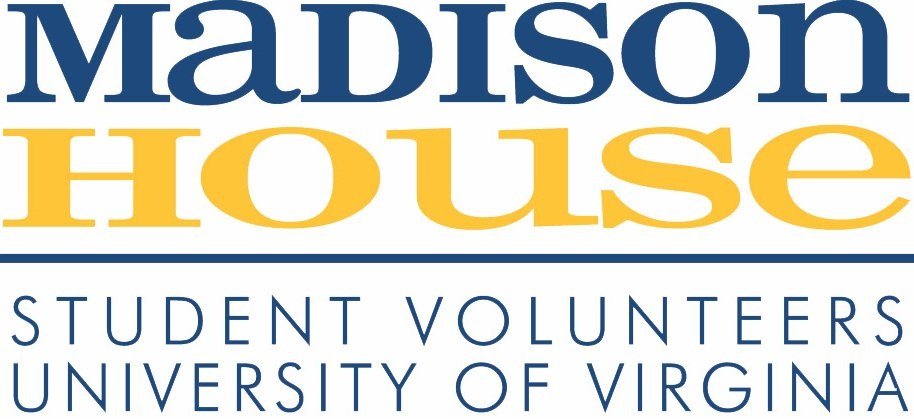Only through Madison House do a select number of passionate undergraduate UVA students get to volunteer with the Legal Aid Justice Center, a community-based mutual aid and legal firm.
Yossra Samghouli, Legal Aid Justice Center
Head Program Director at Madison House
“Volunteers spend their days shadowing lawyers and organizers, taking calls and speaking to clients, participating in research projects, and more,” explains Head Program Director Yossra Samghouli. “Past volunteers have gone on to pursue careers and educational paths in law, social justice, and activism.”
The LAJC handles cases including immigration, housing, and youth justice. Madison House volunteers work alongside volunteers from the University of Virginia School of Law.
Yossra explains that she was immediately drawn to the mission of the LAJC, which “partners with communities and clients to fight for racial, social, and economic justice by dismantling systems that create and perpetuate poverty.”
“Working at the LAJC has been a dream for me!” exclaims Yossra. “The staff is outstanding—so dedicated and passionate about what they do—and they’ve created an environment that is both professional and welcoming. I’ve found incredible mentors and role models here, including lawyers, staff, and volunteers, all of whom contribute in meaningful ways. I truly love what I do and feel incredibly fortunate to be a part of such a dynamic and impactful organization.”
Ibrahim Khalil, Legal Aid Justice Center Program Director at Madison House
Program Director Ibrahim Khalil similarly values the opportunity to ensure that members of the community receive legal representation, especially in a system that, unfortunately, often neglects them.
The LAJC is a fantastic outlet for multilingual students. Yossra has been able to put her Spanish knowledge to use and, occasionally, even her Arabic fluency.
Ibrahim has also had the opportunity to provide translation assistance. His favorite memory with the LAJC was an occasion he had to speak Arabic with a client. “As the son of two immigrants from Palestine, it hits close to home to see someone struggle to get the adequate services they need because of potential language barriers. While I was not providing the community member with legal representation myself, his face of relief after hearing I spoke Arabic and that I would translate for him made all this worthwhile,” he remembers.
Yossra’s favorite moment with the program was a time when she was able to explore the LAJC’s attic, which she describes as “a space packed with boxes and shelves that reached to the ceiling, all filled with old legal documents, outdated law books, and yellowed newspapers from decades ago—some dating back to the Civil Rights era.” She remarks that it felt as though she had stepped into a time capsule. Each document she found was rich with personal touches from previous attorneys⸺hand written notes, highlights, and countless annotations.
Yossra was awestruck by this tangible evidence of real clients and attorneys past. “It deepened my appreciation for the work that organizations like these are doing today, especially when I consider how much has come before and how much history lives in the walls, the documents, and the people we interact with. The law is constantly evolving, and those little marks—those human touches—remind me that the pursuit of justice is always ongoing, no matter the era.”
In a typical semester, 15 Madison House volunteers dedicate at least 5 hours per week working virtually or at the center. Volunteers spend most of their time interacting with clients, helping clients and attorneys communicate, and completing client intakes.
Volunteering with the LAJC has been a transformative experience for Yossra and other Madison House volunteers. Like most LAJC volunteers, Yossra is interested in pursuing a career in law after graduation. She recommends that UVA students interested in the intersection of law, social impact, and volunteerism look into working with the LAJC as a way to give back to the community. Ibrahim hopes to be an international human rights attorney and credits the LAJC with growing his love for civil and human rights advocacy.
Yossra adds, “Through my time with LAJC, I’ve gained clarity on what I want to pursue after college. I’ve developed a deeper understanding of social issues, different avenues for change, and how to make a tangible impact on both a local and broader scale. It’s also helped me refine my ability to think critically, empathize with others, and contribute to meaningful solutions for pressing problems.”
By Cecilia Murphy



